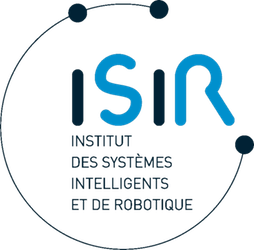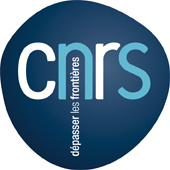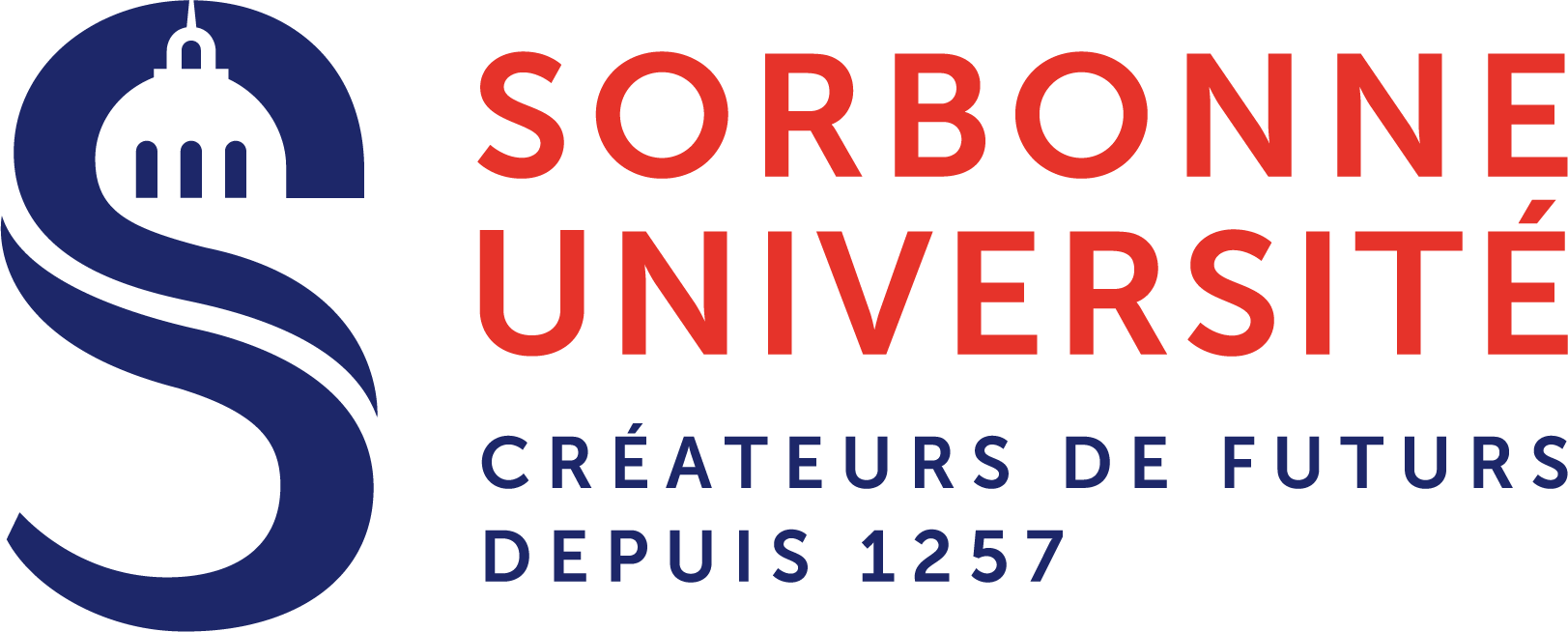Title: Cognitive and affective dimensions of pedestrian movement in cities
Abstract: Navigation is complex cognitive process that recruits perceptual cognitive and affective processes. Pedestrian navigation is particularly interesting because our choices have clear physical implications (effort, exposure to different environments, etc), as well as broader efforts to increase active mobility (mobilités douces) world-wide. In this presentations I will present three different projects explore cognitive and collaborative dimensions of urban pedestrian mobility, drawing from the following works:
– Mavros, P., van Eggermond, M., & Hoelscher, C. (2022, January 18). Human Navigation in a Multilevel Travelling Salesperson Problem. https://doi.org/10.31234/osf.io/4sv5w
– Samuel S. Sohn, Panagiotis Mavros, Mubbasir Kapadia, and Christoph Hölscher. A Computational Method for the Classification of Mental Representations of Objects in 3D Space (Short Paper). In 15th International Conference on Spatial Information Theory (COSIT 2022). https://doi.org/10.4230/LIPIcs.COSIT.2022.20
– Panagiotis Mavros, Saskia Kuliga, Ed Manley, Hilal Rohaidi Fitri, Michael Joos, and Christoph Hölscher. Collaborative Wayfinding Under Distributed Spatial Knowledge (Short Paper). In 15th International Conference on Spatial Information Theory (COSIT 2022). https://doi.org/10.4230/LIPIcs.COSIT.2022.25
Date and location: June 27, 2004 at 11:00AM in Room 103 (Barre 55-65)
Bio: Panos Mavros is Assistant Professor of Applied Psychology, Design and Digital Technologies (Ergonomie, Design et Numerique) at Télécom Paris, Institut Polytechnique de Paris: https://perso.telecom-paristech.fr/pmavros/). He is trained as an Architect Engineer at NTUA (Greece), hols and MSc by Research in Digital Media and Culture by the University of Edinburgh. He obtained his PhD from the University College London investigating the cognitive and affective processes of pedestrian navigation, and did post-doctoral research at the Cognition Perception and Behaviour in Urban Environments group of the ETH Zurich Future Cities Laboratory in Singapore. His research interests are focused on spatial cognition, navigation and wayfinding, the integration of cognitive approaches into architectural and urban design, and more broadly how technology influence our relationship with space.



